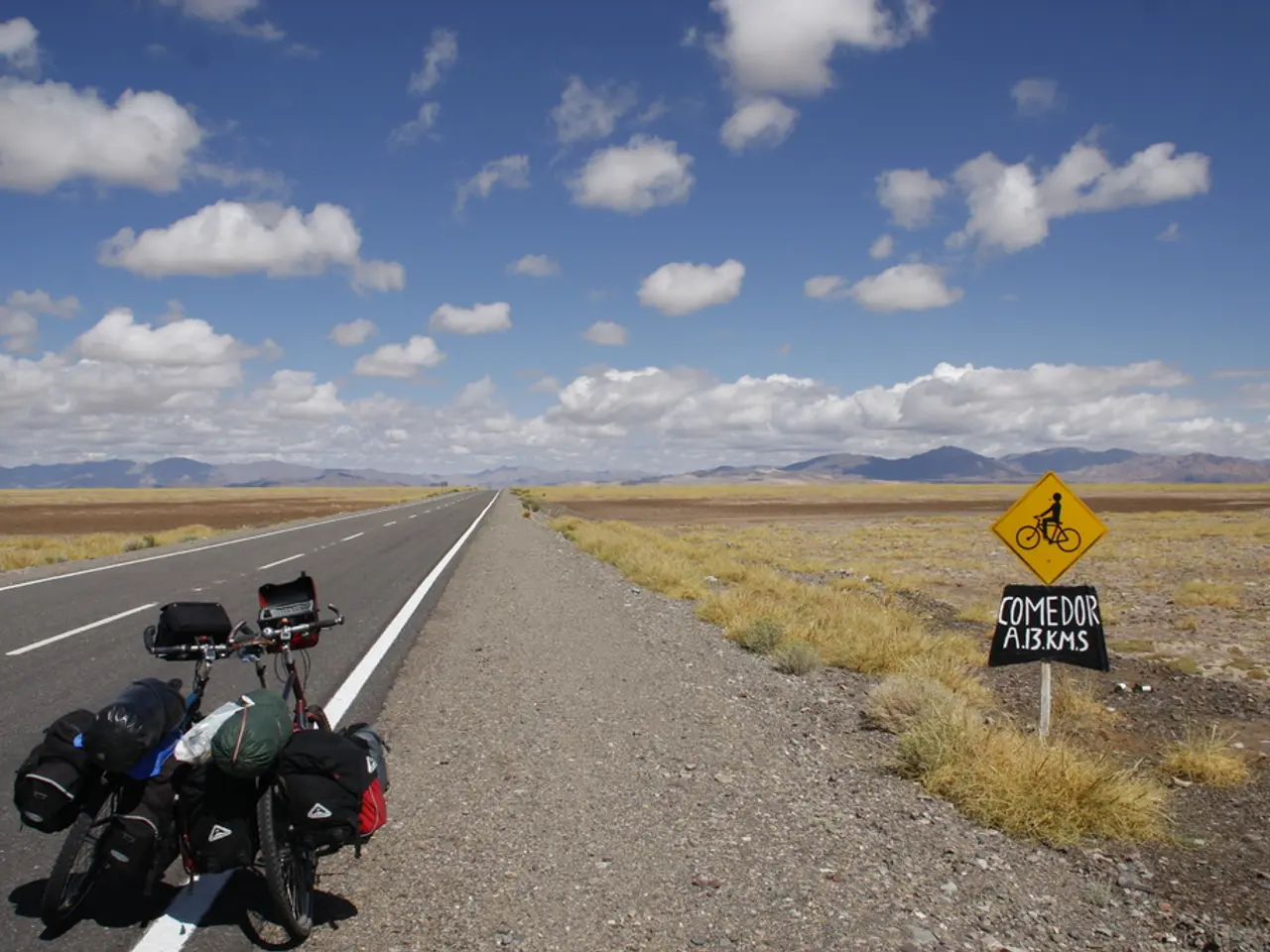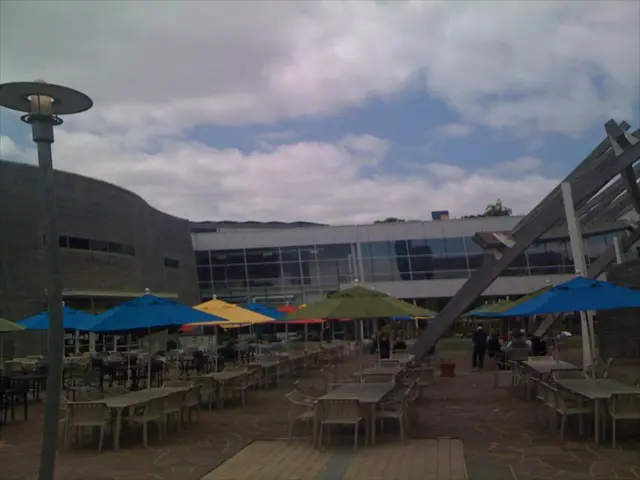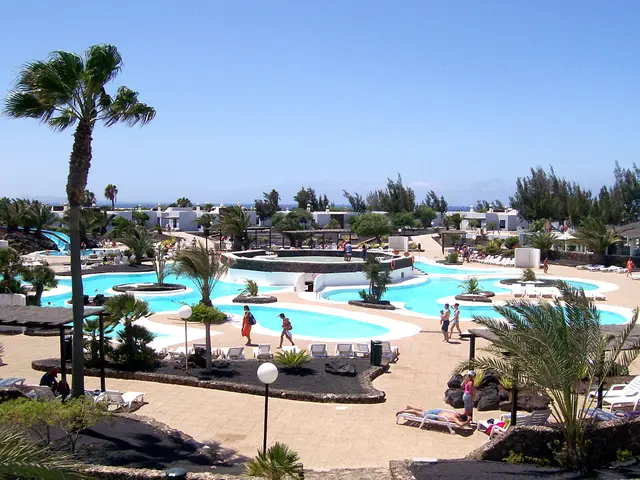Water shortage alert issued for the interior regions of Mallorca
Water Crisis Deepens in Pla de Mallorca, Spain
The ongoing water shortage in Pla de Mallorca, a region in Spain's Balearic archipelago, is causing significant challenges for both residents and tourists. The region, home to 38,000 of the 950,000 island residents, is facing severe restrictions on water consumption due to the drought [1][3].
The Balearic government has declared a drought alert in the Pla de Mallorca region, with more than 88 percent of the Balearic archipelago currently in the "pre-alert stage," indicating almost water scarcity [2]. In response, the regional government is considering declaring parts of Pla a disaster area to ensure water supply through tanker trucks, funded by the Balearic government [1][4].
For residents, the drought alarm means they face strict limitations on water use, affecting daily life and agricultural activities in this largely rural area. The crisis is especially difficult as the summer high season increases water demand, while underground reservoirs remain depleted [2]. Places in Pla region without a connection to the regional water supply network are particularly affected by water scarcity [5].
For tourists, particularly those engaged in rural tourism such as hikers and cyclists, the water shortage translates into inconvenience and possible disruptions. Hotels and large consumers have experienced water supply cuts, with some luxury hotels expecting shortages to last for months [2]. The municipality of Deia on Mallorca's west coast has suspended water supply in some parts for three days a week since early August, affecting places like La Residencia luxury hotel [6].
On Mallorca, the water level fell from about 50 to 46 percent, while on Menorca, it fell from 42 to 40 percent, and on Ibiza, it fell from 34 to 29 percent. However, the island of Formentera still has a normal water situation [1].
The Balearic government expects the groundwater levels to continue to drop in August, with no noticeable recovery expected until autumn [2]. Authorities are seeking both short-term relief (tanker trucks) and long-term solutions to stabilize supply [1][4]. The situation remains critical and evolving as of mid-2025.
In the face of this water crisis in Pla de Mallorca, the need for Environmental Science and Climate Change research to propose solutions becomes increasingly urgent. The weather patterns in the region, characterized by prolonged drought and scarcity, have significant implications not only for the local environment but also for the island's dependent tourism sector.








